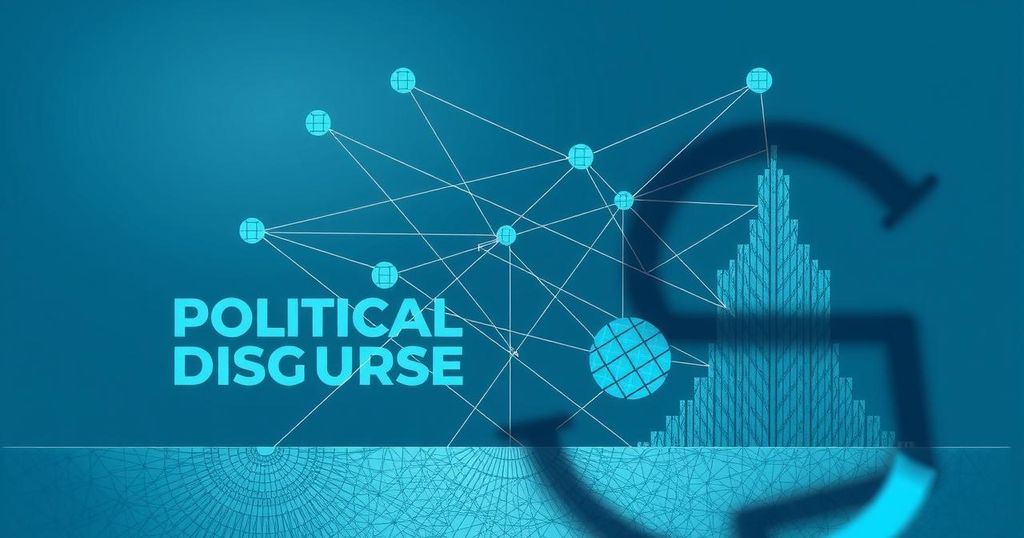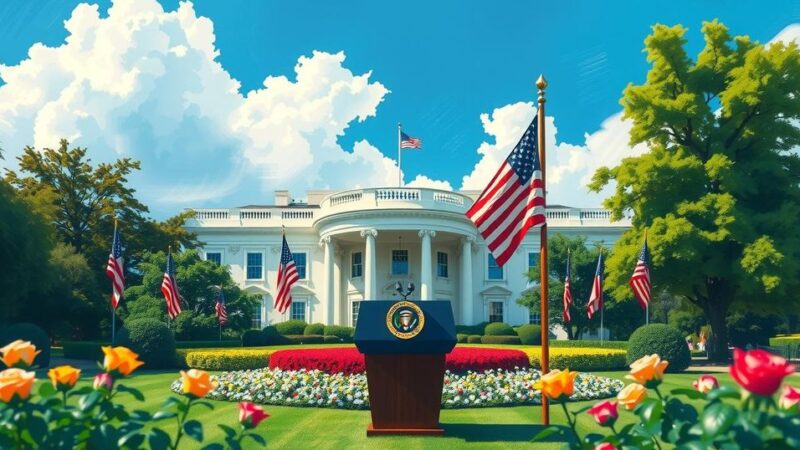David Brooks and Ruth Marcus discussed the recent political fallout from Trump officials sharing sensitive military information on an unsecured app. They criticized the administration’s response, emphasizing its implications on U.S. foreign relations, particularly regarding Europe. Additionally, they noted Trump’s controversial interest in acquiring Greenland, likening this to historical imperialism. Marcus also touched on her departure from The Washington Post due to editorial constraints on dissenting voices.
During a recent political discussion, New York Times columnists David Brooks and Ruth Marcus analyzed the implications of Trump officials sharing sensitive information on an unsecured app regarding military operations in Yemen. This incident sparked significant controversy about the management and handling of classified information within the Trump administration, highlighting a pattern of incompetence.
David Brooks initially expressed disbelief at the administration’s handling of the situation, labeling it a quintessential example of governmental incompetence. He noted that instead of admitting their mistake, the administration resorted to personal attacks against journalists, including Jeffrey Goldberg, who unwittingly received the sensitive chat details. The refusal to accept accountability emphasized an ugly trend within the Trump administration, according to Brooks.
Ruth Marcus expanded on this analysis, acknowledging the seriousness of the breach while recalling similar past failures in U.S. administrations. She noted that such operational details should never be discussed in an insecure manner, and that the administration’s counterattacks only deepened their fall from grace. Marcus expressed that this incident would resonate negatively concerning how the administration is viewed in historical context.
The conversation also touched on the substance of discussions happening in the chat, in which some officials criticized European allies as “freeloaders,” signaling a shift in the U.S. approach to foreign policy. Brooks critiqued this juvenile foreign policy mindset, indicating it undermined traditional alliances and heightened risks to national security. This perceived disdain for European partners illustrates a troubling change in America’s foreign relations.
Subsequently, discussion shifted to President Trump’s unexpected interest in acquiring Greenland, which Brooks described as reminiscent of a bygone era of U.S. imperialism. Marcus emphasized the necessity of modern international relations, founded on respect and cooperation rather than unilateral claims. Both columnists expressed concern that such attitudes could lead to irreversible damage to U.S. alliances, diminishing the country’s global standing.
In a reflective moment towards the end of the segment, Ruth Marcus discussed her decision to leave The Washington Post after forty years. She expressed gratitude for the opportunity to share her views and explained her departure was borne from disagreements with editorial shifts that restricted her ability to voice dissenting opinions. Her honesty about her professional journey offered a candid look at the challenges faced by journalists today.
In conclusion, the dialogue among David Brooks and Ruth Marcus provided critical insight into the implications of the Trump administration’s management of sensitive information and foreign policy perspectives. The sharing of classified details on unsecured channels is emblematic of broader issues of incompetence, while attitudes toward traditional alliances raise concerns about America’s future in international relations. Marcus’s reflections on her departure from The Washington Post also highlight the ongoing struggle for journalistic integrity in a changing media landscape.
Original Source: www.pbs.org






